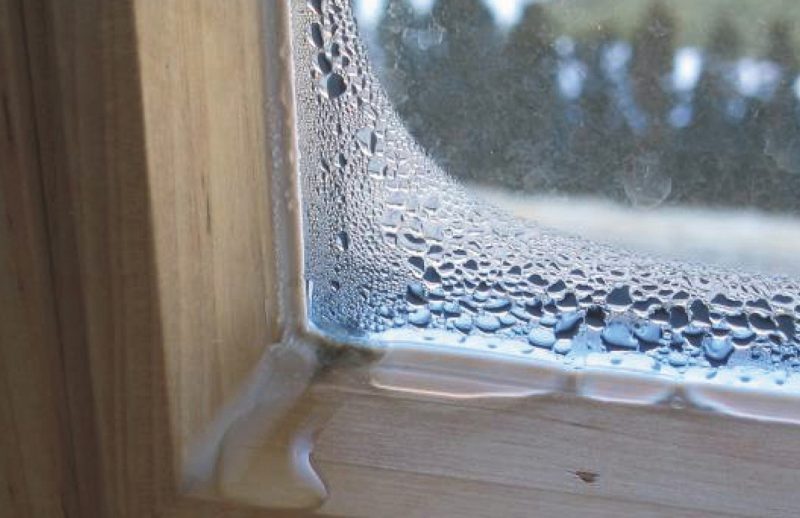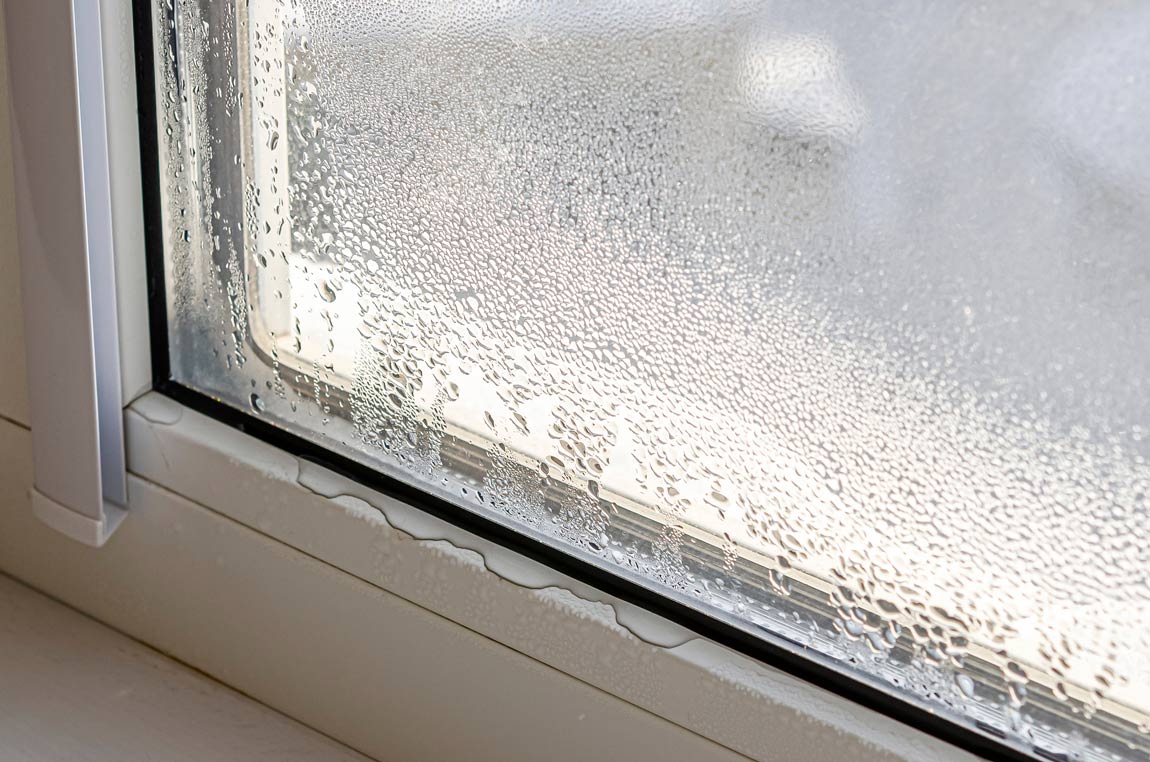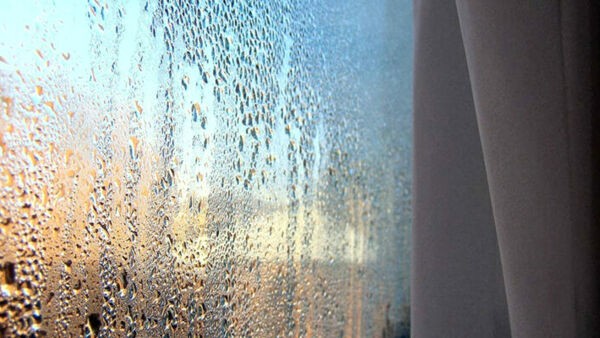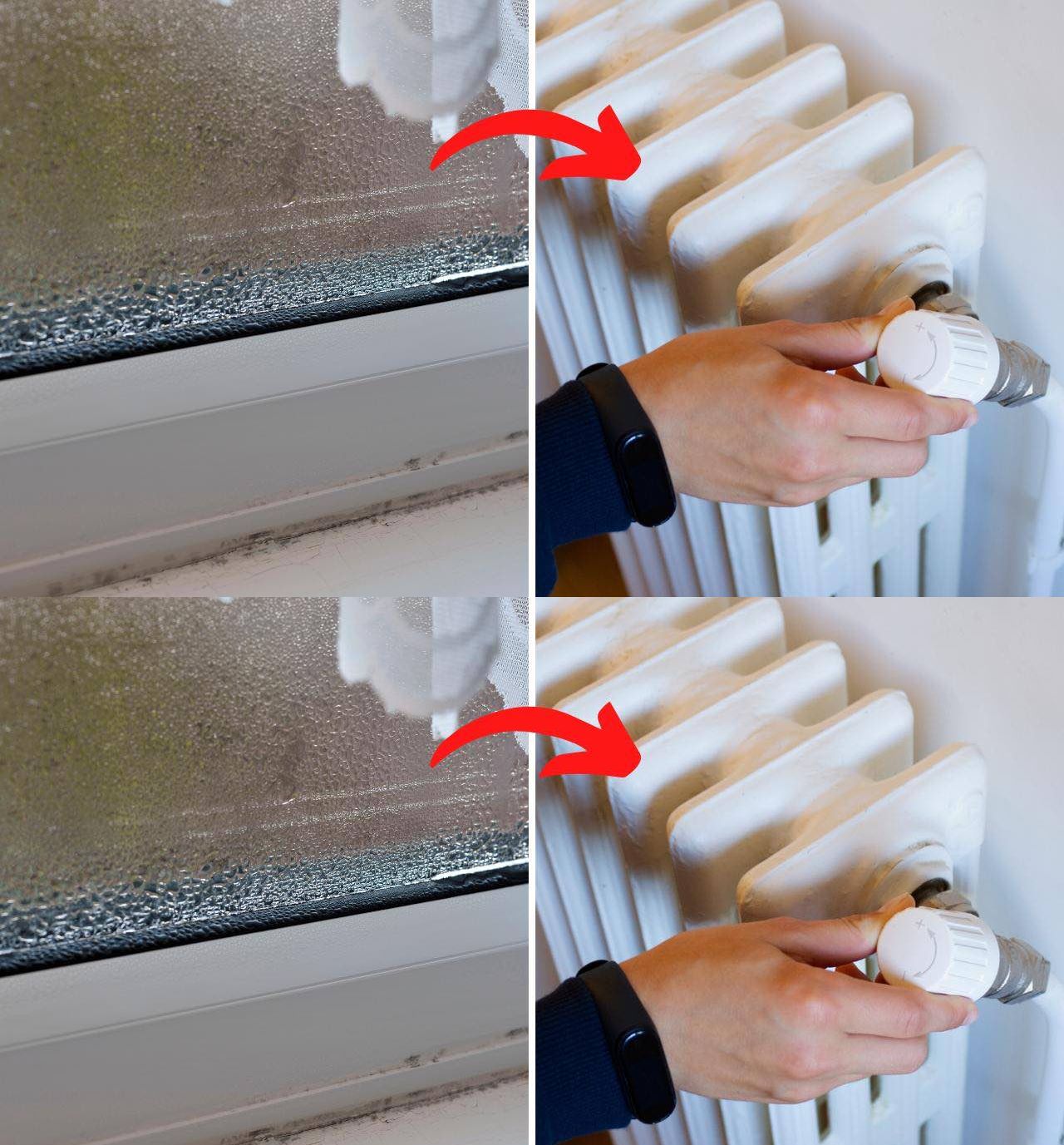How to prevent condensation from forming on windows? Simple, you just need to set a certain temperature and you will no longer have this problem. Let’s discover all the ways to prevent condensation from forming on the windows!
The problem of condensation on windows is inevitable in certain rooms of the house and to keep them healthy it must be eliminated. But how to do it? And above all, how is it formed? With winter just around the corner, the danger is even greater, because it is easier for there to be humidity and the formation of condensation becomes more frequent. Here’s what to do to fight condensation , starting with regulating the temperature, and other solutions that will help you fight it so it doesn’t form anymore!
Why condensation forms on the window
Condensation on the window forms due to thermal shock . In fact, when cold and heat come into contact on a surface, condensation appears on the hotter surface . In practice, condensation forms when the humidity in the air comes into contact with a cold surface and, due to the change in temperature, it passes from a gaseous to a liquid state.

In these cases, if the water leaks from the windows and ends up on the walls, the structure of the property will be affected and will inevitably be damaged. Condensation can also form when the windows have double glazing, perhaps due to worn or poor quality seals , which do not ensure a perfect seal.
As soon as a little air enters from the outside and comes into contact with the panel placed inside, condensation forms. The best solution would be to have the seals changed, but here are other methods to prevent condensation from forming on the windows.
Ideal temperature to avoid condensation
An ideal solution to prevent condensation from forming on the window is to regulate the temperature. By lowering the temperature inside the room the phenomenon is significantly reduced and there will no longer be condensation.
The secret lies in going from 23 degrees to 18 degrees, an excellent solution for also reducing energy costs and saving on the bill. Unfortunately, houses often fill with humidity because they are not well insulated, but by taking advantage of new insulation solutions it is possible to prevent it from forming and therefore also avoid condensation.

When there is humidity and mold forms, you need to remove it and treat the wall with water-repellent paint to keep water away . Furthermore, in environments such as the bathroom and kitchen the heating must be lowered and kept at a maximum temperature of 15 or 17 degrees, so as not to go from cold to hot, avoiding extremes.
Take advantage of natural or mechanical ventilation
Other solutions are natural and mechanical ventilation. Here’s how they both work :
- Natural ventilation involves opening the windows and airing the room for at least 15 minutes a day, but a few more minutes are needed for the bathroom and kitchen. Remember to turn off the radiator thermostat before opening the windows.
- Mechanical ventilation consists of installing small boxes in the walls, particularly in the bathroom and kitchen. These boxes, which are used to suck in steam and let it escape, must be connected to extraction vents that pass through all the rooms and reach the roof. Make sure that the cassettes have no defects and that the steam is evacuated perfectly. Also check the mechanical ventilation motor and make sure it is properly maintained.

Use a dehumidifier
Another way to avoid condensation on the windows is to use occasional ventilation , or a dehumidifier, an ideal device for sanitizing the house whenever you want and to use for as long as you want.
You can program it and make it work at pre-established times , obtaining excellent results. The dehumidifier condenses water vapor, recovers it in a liquid state and allows you to face the winter season without the risk of condensation humidity.
As you can see, eliminating condensation from the window is possible, and even if it requires a certain commitment, the whole family will benefit from it!
